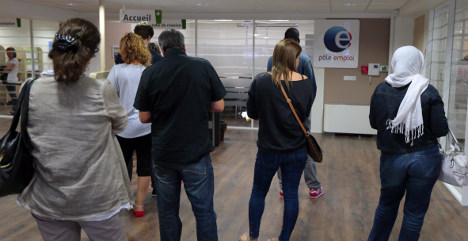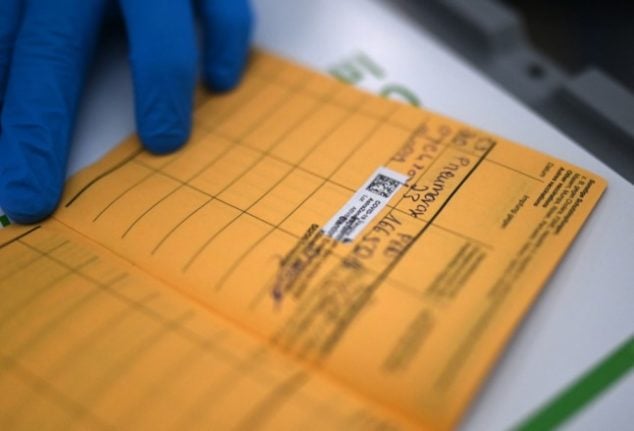France and Germany plan to launch this month a "New Deal for Europe" against youth unemployment, which has topped 50 percent in several countries, with credits for companies that create jobs, a news report said Monday.
Under the initiative, billions of euros (dollars) in loans from the European Investment Bank (EIB) would be used to promote education, training and job placements for young people, reported Germany's Rheinische Post daily.
The plan will be presented in Paris on May 28 by French Labour Minister Michel Sapin, his German counterpart Ursula von der Leyen and a group of companies, said the report citing unnamed government sources and conference organisers.
German Finance Minister Wolfgang Schaeuble and his French counterpart Pierre Moscovici would also join the town hall-style meeting organised by the EU bank and the German-American investor and philanthropist Nicolas Berggruen.
The "New Deal" – named to echo US president Franklin D. Roosevelt's Great Depression recovery plan — comes amid fears of a lost generation, especially in Greece and Spain where almost two out of three young people are unemployed.
A debate has raged over the tough austerity promoted by Germany and others to reduce European debt mountains and proposals for stimulus programmes that would revive struggling economies but also add to public deficits.
The new plan builds on a six-billion-euro ($7.8 billion) initiative by the European Union to combat youth unemployment. That money could be leveraged and
used as guarantees to raise up to 10 times more in loans, said the report.
"It would be conceivable to establish a link between credit conditions and the creation of jobs and training opportunities" by companies that take the loans, EIB President Werner Hoyer was quoted as telling the newspaper.
He said Germany's so-called dual system of formal education and on-the-job training could be introduced in southern Europe, and the Erasmus university exchange programme widened to non-academic training, the report said.



 Please whitelist us to continue reading.
Please whitelist us to continue reading.
Member comments